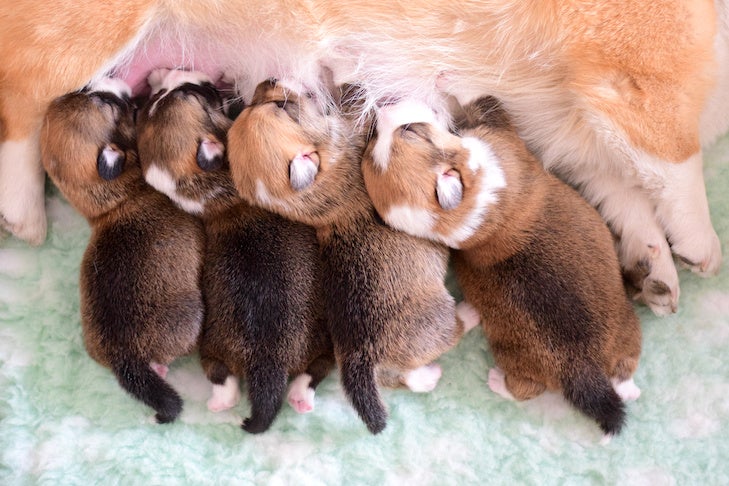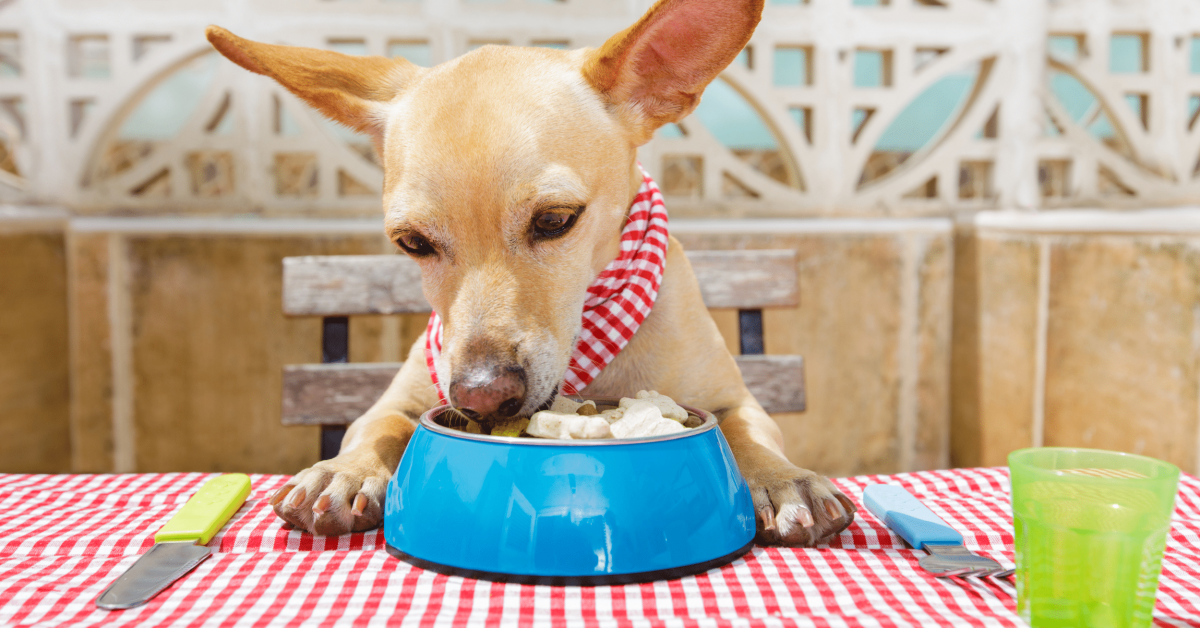Contents
To take care of newborn French Bulldog puppies, provide them with a warm, comfortable environment and ensure they receive proper nutrition by feeding them a high-quality puppy-specific food. Maintaining a regular feeding schedule, handling them gently, and keeping them clean are essential for their well-being.
Welcoming a newborn French Bulldog puppy into the family is an exciting and heartwarming experience. These adorable little creatures require special attention and care to ensure they grow up healthy and happy. From keeping them warm and well-fed to providing appropriate socialization and health care, taking care of newborn French Bulldog puppies involves a series of responsibilities.
By understanding their unique needs and devoting time and effort, you can set the foundation for a strong and loving bond with your new furry companion. Let’s explore the essential guidelines for caring for these precious pups in their critical early stages of life.
Preparing For The Arrival Of Your Newborn French Bulldog Puppy
Preparing for the arrival of your newborn French Bulldog puppy involves creating a safe living space and gathering essential supplies. Ensure that your home is puppy-proofed by removing any hazardous objects and securing electrical cords. Provide a cozy bed, food and water bowls, and puppy-friendly toys. Stock up on high-quality puppy food and treats. Consider purchasing a crate for training and safe transportation. Additionally, have a well-stocked first aid kit for any minor injuries. Prepare a designated potty area, and invest in proper grooming tools. Most importantly, schedule a vet visit for vaccinations and a health check. By following these steps, you’ll be ready to welcome your new furry family member into a safe and loving environment.
Feeding And Nutrition
Feeding and nutrition are essential for the health and well-being of newborn French Bulldog puppies. Choosing the right puppy food is crucial to ensure they receive the necessary nutrients for growth and development. It’s important to establish a feeding schedule and monitor their food intake to prevent overeating or undernourishment.
Healthcare And Vaccinations
Newborn French Bulldog puppies require proper healthcare and vaccinations to ensure their well-being. The first step in providing the best healthcare is to find a trusted veterinarian who specializes in small breeds like French Bulldogs. A reliable veterinarian will be able to guide you through the vaccination process and provide you with all the necessary information.
Scheduling vaccinations is crucial for the health of your furry friend. Ensure you follow the recommended vaccination schedule as advised by your veterinarian. Regular health check-ups are also essential to monitor your puppy’s growth and detect any potential health issues early on.
By finding a trusted veterinarian, scheduling vaccinations, and ensuring regular health check-ups, you can provide the best healthcare for your newborn French Bulldog puppies.

Credit: www.wikihow.com
Socialization And Training
When caring for a newborn French Bulldog, socialization and training are key aspects. Introduce the puppy to various environments early on to build confidence. Use positive reinforcement techniques such as treats and praise to encourage good behavior. Consistent and patient potty training is crucial in establishing a routine. Establish a schedule for feeding and bathroom breaks to aid in the process. Remember, gentle and kind training methods are most effective in fostering a strong bond with your new furry friend.
Exercise And Mental Stimulation
Exercise and mental stimulation are crucial for the well-being of newborn French Bulldog puppies, promoting their physical and cognitive development. Engaging them in interactive play and offering stimulating toys can help keep them entertained and prevent boredom.
| Providing Regular Exercise: | Taking your French Bulldog puppy for short walks and play sessions. |
| Engaging in Interactive Play: | Use toys that encourage movement and interaction with the puppy. |
| Mental Stimulation Activities: | Introduce puzzle toys or hide treats for mental challenges. |

Credit: www.akc.org
Frequently Asked Questions Of How To Take Care Of Newborn French Bulldog Puppies
How Often Do You Feed Newborn French Bulldog Puppies?
Newborn French Bulldog puppies should be fed every 2-3 hours. As they grow, you can gradually increase the time between feedings. It’s crucial to monitor their weight and adjust the feeding schedule accordingly for healthy development.
What Temperature Should Newborn French Bulldog Puppies Be Kept At?
Newborn French Bulldog puppies should be kept at a temperature of 85-90°F (29-32°C) to ensure their comfort and well-being. This helps regulate their body temperature and keeps them warm during their vulnerable first few weeks. Regular monitoring and adjustments are essential.
How Do You Take Care Of A New French Bulldog Puppy?
To care for a new French Bulldog puppy, provide regular meals, fresh water, and a safe, comfortable living space. Take them for daily walks, give them playtime and socialization, and schedule regular vet check-ups for vaccinations and health monitoring. Train them with positive reinforcement and give plenty of love and affection.
What Do You Feed A Newborn Frenchie?
Feed a newborn Frenchie with high-quality puppy food formulated for small breeds. Serve in small, frequent meals to prevent overeating. Avoid human food and consult a vet for specific dietary recommendations.
Conclusion
To ensure the health and happiness of your newborn French Bulldog puppies, it is crucial to provide them with the proper care from the very beginning. By following the guidelines outlined in this blog post, you can create a safe and nurturing environment for your adorable pups.
Remember to prioritize their nutrition, hygiene, socialization, and veterinary care. With patience and love, you can give them the best start in life.


